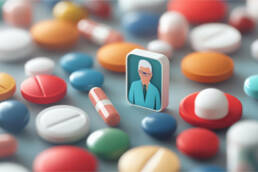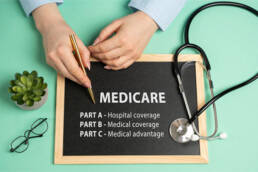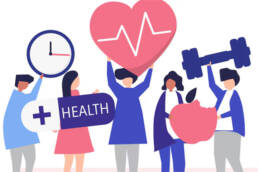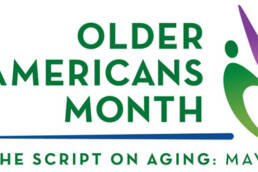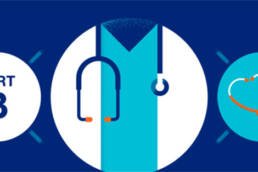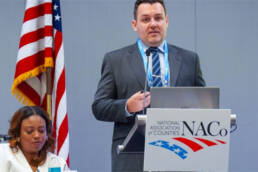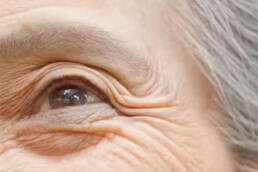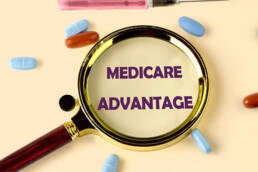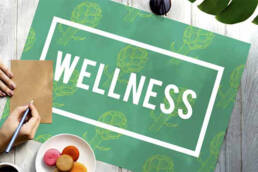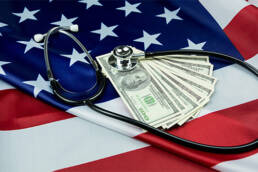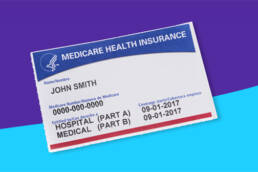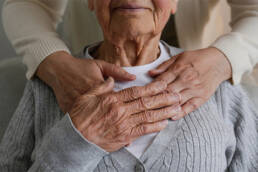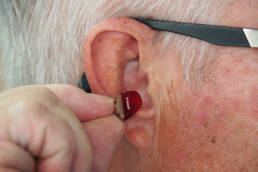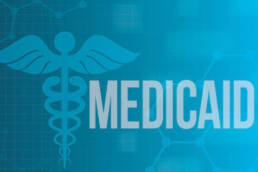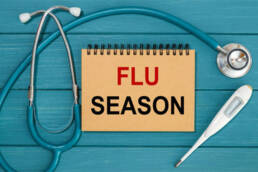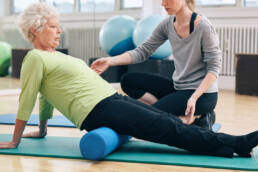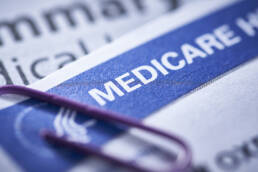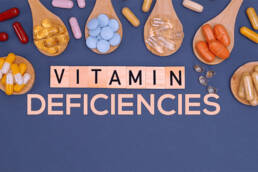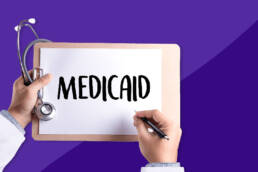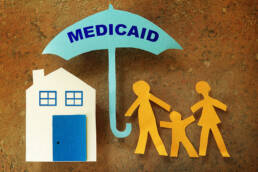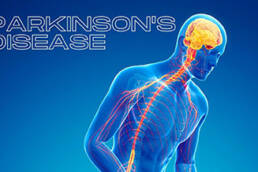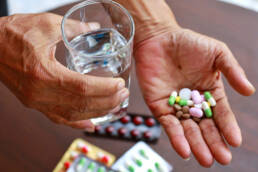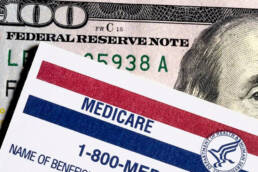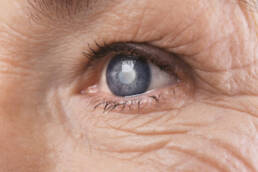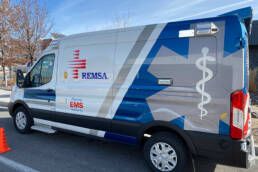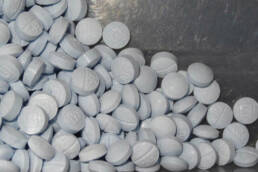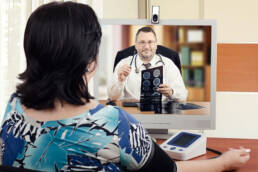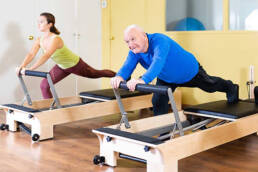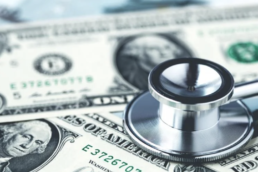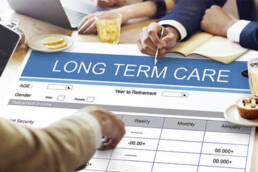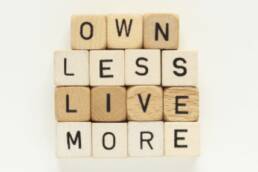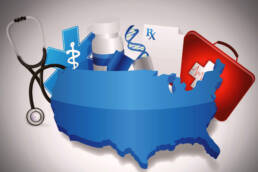- Understand Your Risk for Heart Disease.
- Get Your Blood Pressure and Cholesterol Checked.
- Choose Heart-Healthy Foods.
- Aim for a Healthy Weight.
- Get Regular Physical Activity.
- Manage Stress.
- Quit Smoking.
Regular physical activity can:
- Help you lose excess weight
- Improve physical fitness
- Lower many heart disease risk factors such as “bad” LDL cholesterol levels, increase “good” HDL cholesterol levels, and manage high blood pressure
- Lower stress and improve your mental health
- Lower your risk for other conditions such as type 2 diabetes, depression, and cancer
Talk with your healthcare provider before you start a new exercise plan. Discuss how much and what types of physical activity are safe for you. Even modest amounts of physical activity are good for your health.
High blood pressure
Blood pressure is the force of blood pushing against the walls of your arteries as your heart pumps blood. If this pressure rises and stays high over time, it can damage your heart and your blood vessels and lead to plaque buildup.
Most adults should have their blood pressure checked at least once a year. If you have high blood pressure, you will likely need to be checked more often. Talk with your provider about how often you should have your blood pressure checked.
Your provider will measure your blood pressure to see if it is higher than is recommended. The reading is made up of two numbers, with the systolic number above the diastolic number. These numbers are measures of pressure in millimeters of mercury (mm Hg).
Did you know that too much sitting is bad for your heart?
Get Active
Too much sitting puts your heart at risk! Studies have shown that sitting for prolonged periods increases heart disease risk by raising both blood pressure and blood sugar. Here’s why; when you sit or lie down, our legs and gluteus muscles (the largest muscles) don’t contract much and thus don’t do their usual job of taking sugar from the bloodstream and helping break down fatty acids in the bloodstream – resulting in build-up of too much blood sugar and fatty acids
What can You do?
Get out of your seat. It does not take much movement. Getting up every 30 minutes and moving for as little as three minutes might help. If you are working in an office, take breaks and walk up a couple of flights of stairs, around the block, or even the parking lot. The key is to add movement into your daily routine, your body and heart will benefit and You will feel better and have more energy
CONTROL STRESS
Research suggests that an emotionally upsetting event, particularly one involving anger, can serve as a trigger for a heart attack or angina in some people. Stress can contribute to high blood pressure and other heart disease risk factors. Some of the ways people cope with stress — drinking alcohol, using other substances, smoking, or overeating — are not healthy ways to manage stress
Learning how to manage stress and cope with problems can improve your mental and physical health. Consider healthy stress-reducing activities such as:
- Talking to a professional counselor
Talking to a professional counselor
- Participating in a stress management program
- Practicing meditation
- Being physically active
- Trying relaxation techniques
- Talking with friends, family, and community or religious support systems



